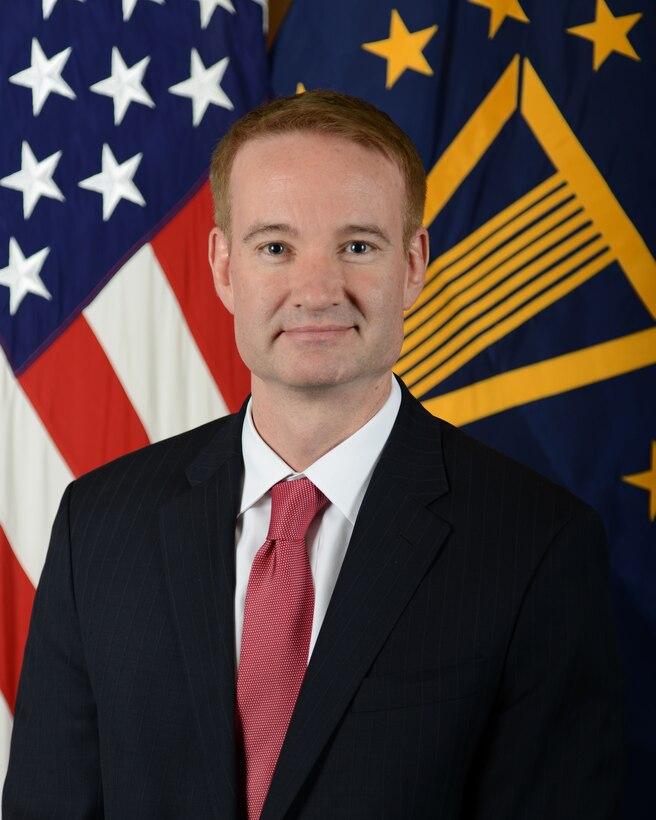U.S. to Russia: "Let’s engage in dialogue, not confrontation"

A key U.S. ambassador on Tuesday reiterated calls to Moscow to "engage in dialogue and diplomacy, not conflict and confrontation", as Russia, he said, "has locked and loaded its guns and it’s pointing them at Ukraine", TURAN's Washington correspondent reports.
"We’re ready to participate in a genuinely open, honest dialogue that hopefully produces concrete results by lowering tensions, providing more transparency, and building greater confidence," the U.S. Ambassador to the OSCE Michael Carpenter told reporters in a briefing organised by the State Department's Brussels Media Hub.
"We’re willing to explore creative new ideas. But everything we do has to be grounded in respect for our core principles – the principles that all 57 OSCE states signed up to repeatedly over the last five decades and, in fact, more: sovereignty, territorial integrity, the inviolability of borders, peaceful settlement of disputes. These principles cannot be revised or renegotiated," Carpenter said.
The OSCE on Tuesday held the inaugural meeting of the Renewed European Security Dialogue in Vienna. The meeting was the initiative of Polish Foreign Minister Zbigniew Rau, the OSCE chairman.
The dialogue "represents an opportunity for all 57 OSCE participating states to walk the path of diplomacy together with an aim of achieving concrete, practical results that enhance our mutual security," Carpenter said, adding that "no one thinks this is going to be an easy discussion, but it’s a necessary one, and if we wish to avoid conflict, it’s essential."
Russia, he said, "has made clear" that it wishes to discuss indivisibility of security, and "frankly, we’re ready and willing to have that discussion."
Washington in its turn "made clear" indivisibility of security does not mean one country can threaten force against another; invade another country’s territory or get to veto another country’s choice of alliances or dictate its foreign policy, as Deputy Secretary of State Wendy Sherman put it.
Asked what was there for Moscow and Washington to talk about, Carpenter told TURAN's Washington correspondent that there is no "trade space" on the core principles of the international order, and that means "no trade space on sovereignty, on territorial integrity, on no allowance for spheres of influence, no ability of one state to veto another state’s foreign policy or its decision whether to join or not join alliances. That’s all off the table".
But what is on the table is discussion in detail on issues like missile placement in Europe, military transparency, confidence building measures.
"There’s any number of ideas pertaining to conventional arms control writ large in the broadest meaning of that term that we would be happy to discuss with Russia if they want to get down and have a serious discussion of specifics," he said.
"We’re willing to drill down on those topics, but we’re not willing to entertain dilutions or renegotiations of our core principles," he concluded.
Alex Raufoglu
Washington D.C.
 Latest news
Latest news Latest news
Latest newsRomania Modernizes Ground Forces Training with Cubic Defense: A Step to Strengthen NATO’s Eastern Flank
20.Feb.2026
Greece Plans to Exclude Turkiye from Future Defense Contracts
20.Feb.2026
U.S.-Based Mars Launches Major Investment Project in Kazakhstan
20.Feb.2026
Parliamentary Elections 2026 in Armenia as a Geopolitical Referendum
20.Feb.2026
Russia and Ukraine Fail to Reach Agreement in Geneva
19.Feb.2026
The South Caucasus in U.S. Foreign Policy: Implications of High-Level Visits for Russian and Chinese Regional Aspirations
18.Feb.2026
Ukraine Imposes Personal Sanctions on Belarusian President Alexander Lukashenko
18.Feb.2026
72% Against the Authorities: Economic Dissatisfaction Hits Record Levels in Turkiye
17.Feb.2026
Bulgaria Strengthens Defense: First American Stryker Vehicles Delivered
17.Feb.2026
Moscow Criticizes Plans to Build a U.S.-Backed Nuclear Power Plant in Armenia
16.Feb.2026

 28 Feb 2026
28 Feb 2026









